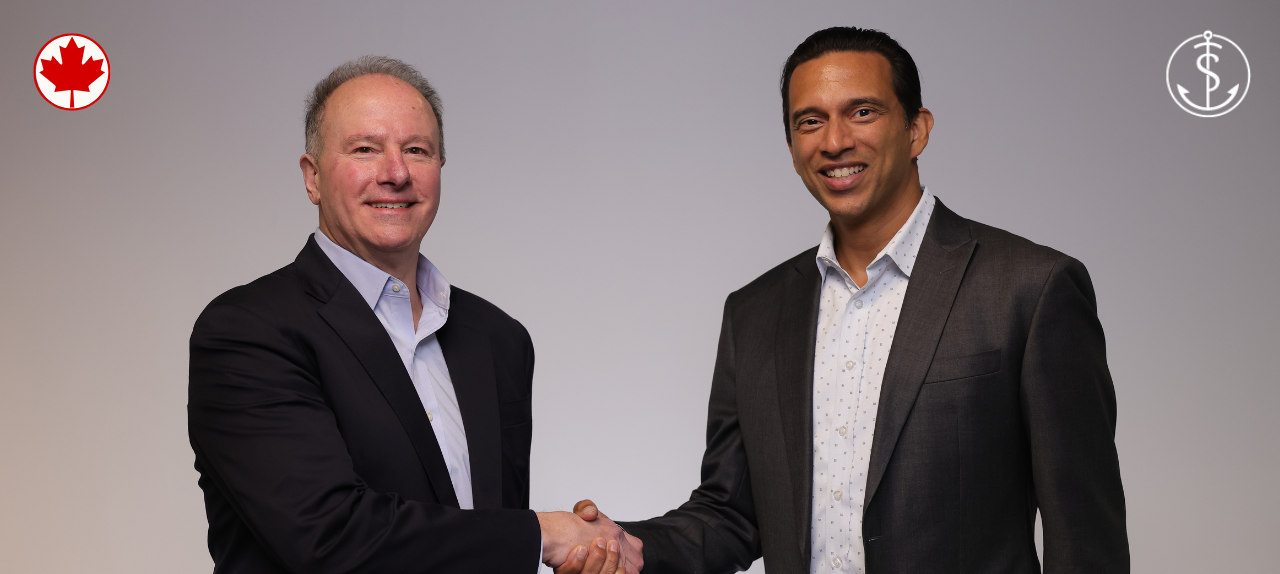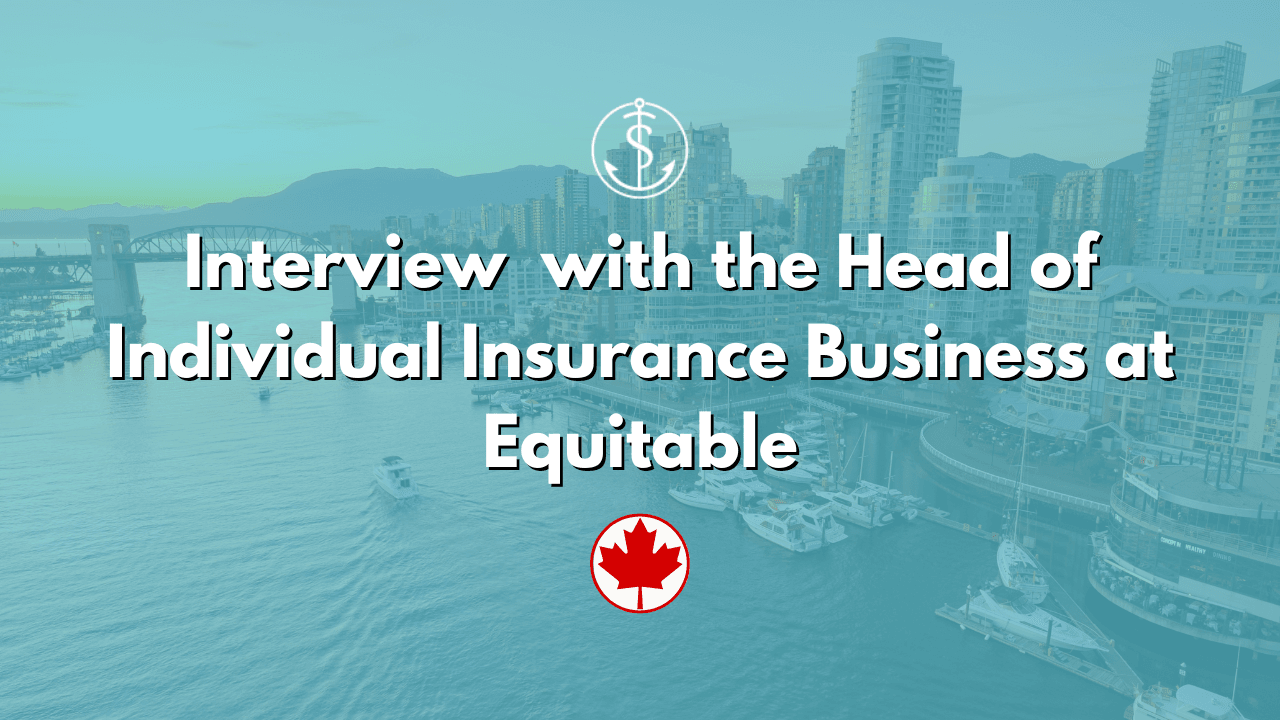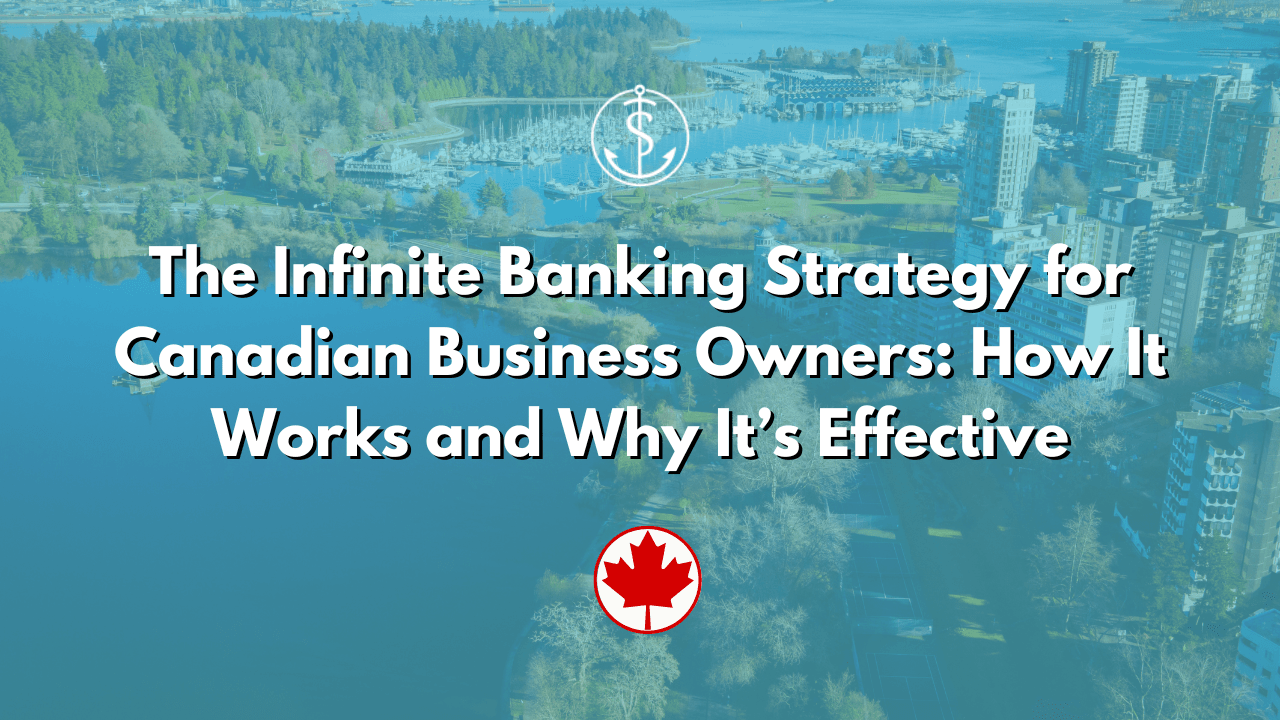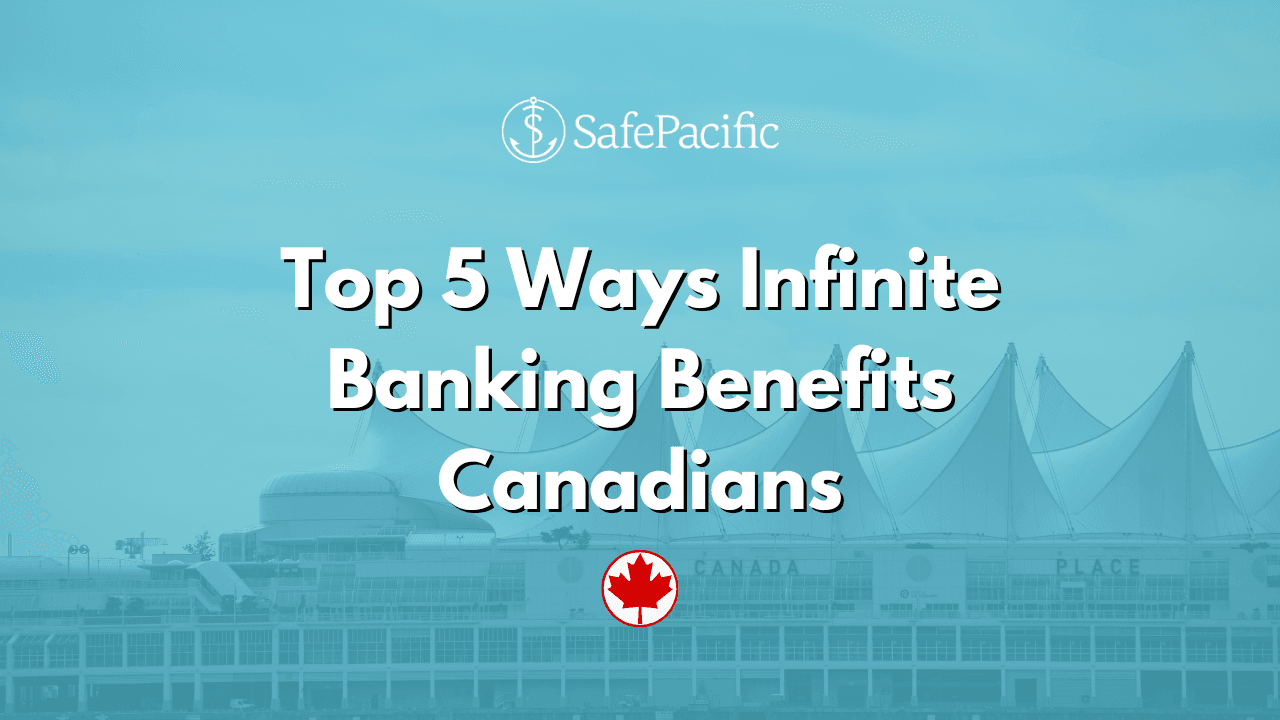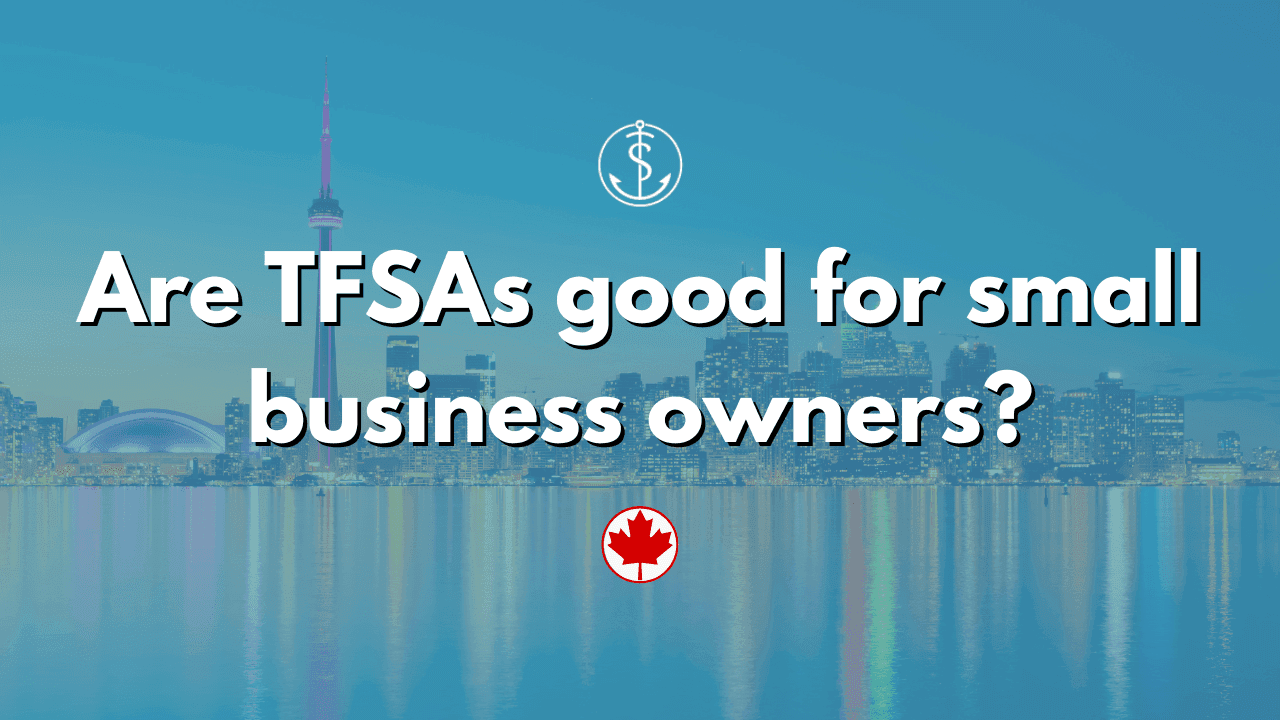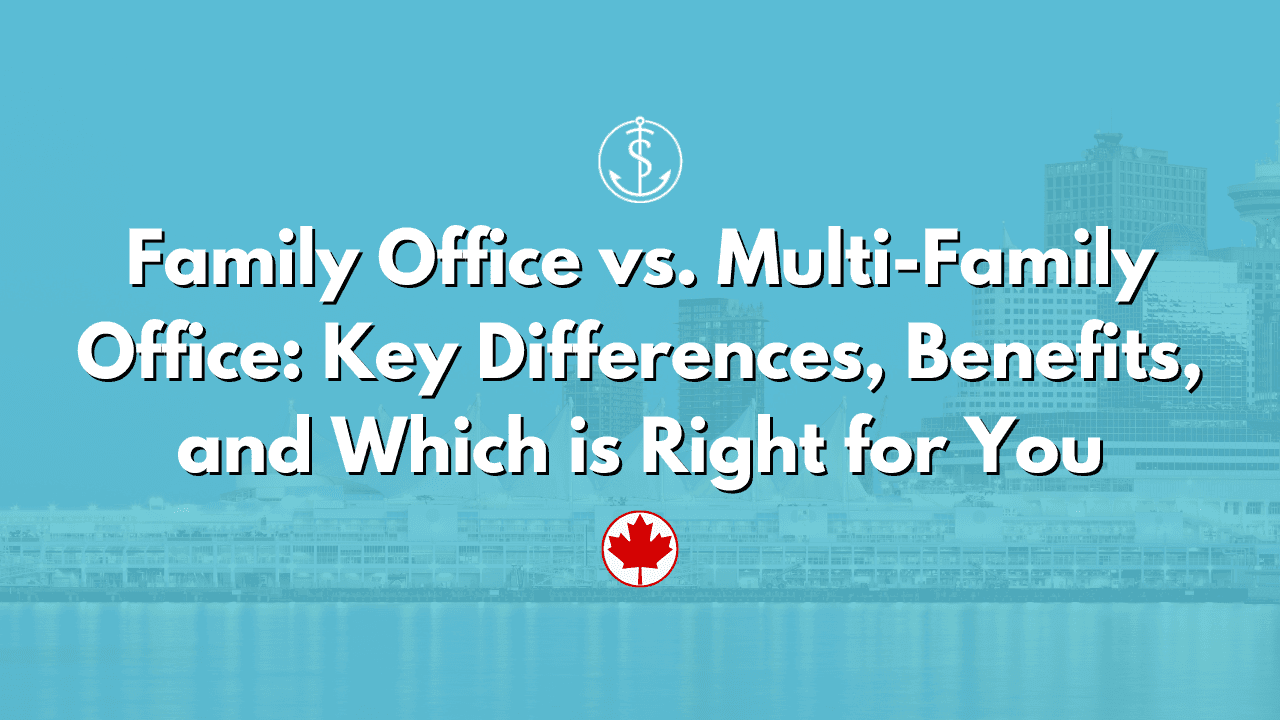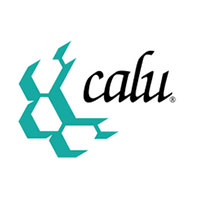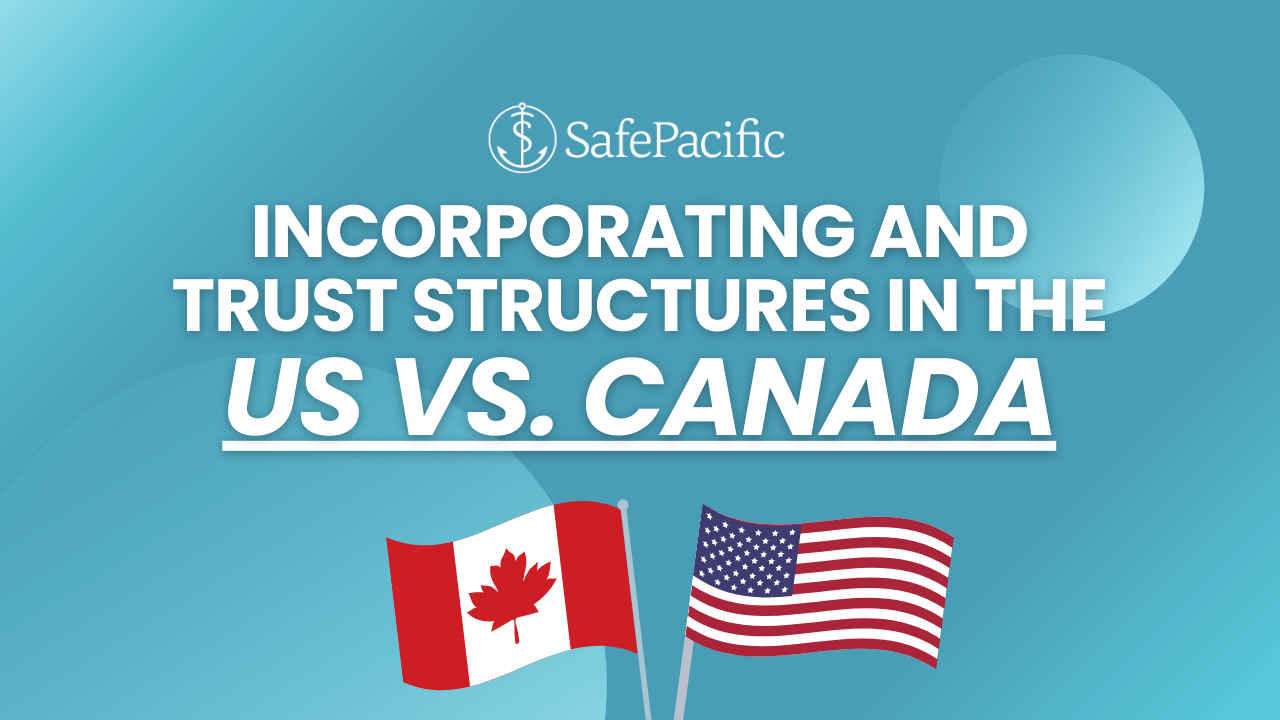
There’s a ton of financial and investment and side hustle money making videos coming out of YouTube, Instagram and Tik Tok. Most of it is from the United States.
A lot of those videos talk about setting up your LLC or your S Corp. Then having some sort of family trust structure to own it all so you can protect against liability and try to pay as little tax as possible.
Almost every week we have someone here in Canada contacting us about setting this up for themselves.
In Canada you can’t do any of this. Let us explain – in Canada we don’t have any S Corps, C Corps or LLCs.
We do have different family trust structures but they are not the same as in the US.
All those people that are flipping houses, doing AirBNB arbitrage, buying car washes or buying thousands of doors for passive rental income doing the BRRR method, and telling you how to set up your structure – none of that works in Canada the same way.
Don’t even get us started on the ones that are talking about setting up your company in an offshore jurisdiction or moving your entire life to another country to save taxes. Actually we will address this a little later on this blog.
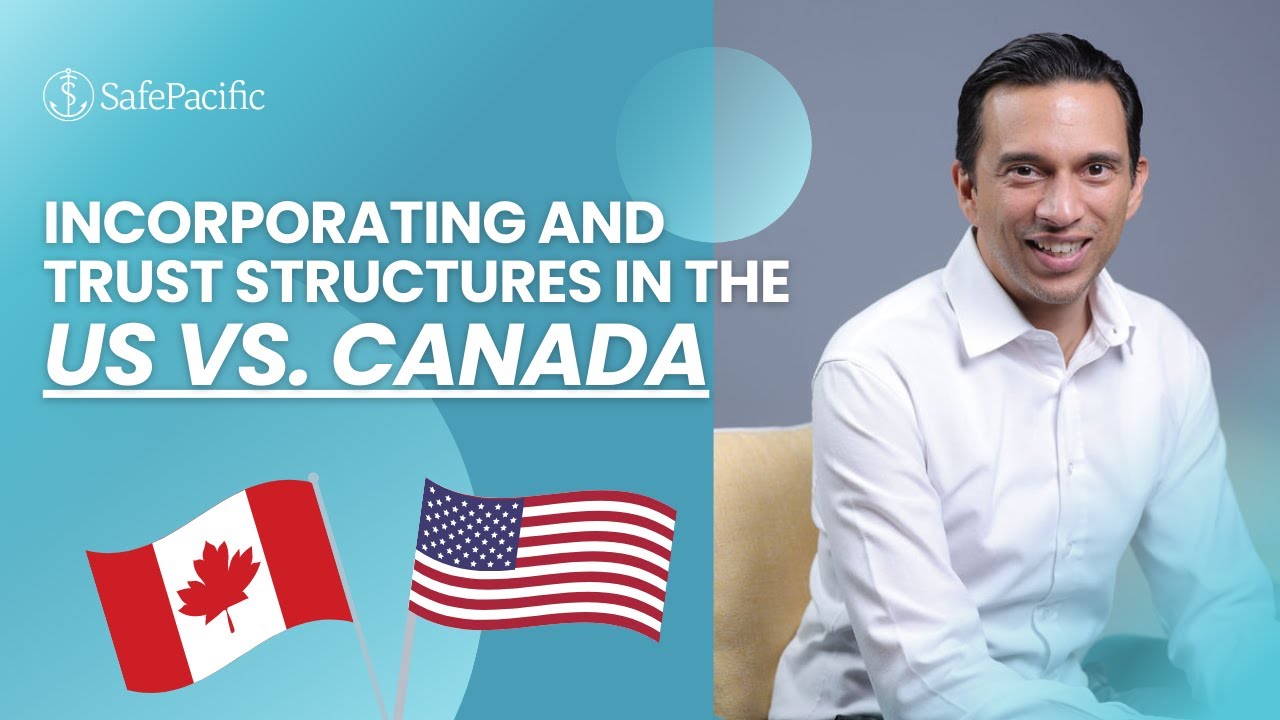
What can you do in Canada?
In Canada you can incorporate your company. In fact there are 3 different corporate structures you can use – sole proprietorship, partnership and incorporated business.
Now we’re not lawyers or accountants, so nothing in this blog is legal or tax advice. You should consult your own lawyer or accountant to get legal and tax advice from them.
But here are a few pros and cons of each:
Sole proprietorship just allows you to run a business. You register with your provincial government authority and it saves your business name.
There’s not much other benefit to doing this, but it is a first step. This is usually what really small businesses do – ones where you don’t need any tax advantages or if you don’t have any sort of expensive liabilities.
People who are “self employed” typically fall into this category. There’s not much paperwork or fees associated with this and it’s really easy to do yourself. Just Google “register sole proprietorship” for your province and the process will come up.
Partnership is very similar, but involves more people. You’re running a business and there’s not much more to it. It’s simple to set up and there’s not a lot of paperwork or fees involved. Again this is often really small businesses that do this.
Or you also get large partnerships like law firms or accounting firms setting up like this – but this is a different set up than Johnny and Christie setting up a web design business partnership out of a local WeWork.
Now we get to incorporation – there are different reasons and thresholds when and how to do this depending on who you talk to. Generally, people talk to their accountant or their lawyer about incorporating – and your accountant and lawyer are going to give you advice as they see it through their lens.
Generally the accountant will tell you to incorporate when you are bringing in more money than you need to live your personal life.
Why? Because – say you need $80,000 per year to pay your bills and live your life, but your company brings in $500,000 after all expenses. Well it doesn’t make sense to pay yourself $500,000 as income and get taxed very high on this when you don’t need to.
Generally this business owner is better off incorporating, paying themselves $80,000 and leaving the rest in the company to be taxed at the corporate rate which is usually lower than paying personal income tax.
Sometimes the accountant will also just have a blanket rule of thumb to incorporate when you start making more than $100,000 which is sort of good enough in most cases.
The accountant generally looks at incorporation from a tax savings perspective.
Now let’s get to the lawyer – your lawyer will often look at incorporation from a liability standpoint. The lawyer will tell you to incorporate when you have something to lose or when you sign on a liability like signing a new lease, or bringing on employees.
You’re on the hook for that lease and if you screw up something with your employees it could be a disaster for a small business. So the lawyer will tell you to incorporate in order to protect yourself personally from that liability of the company.
Neither of these is wrong, they are just giving you advice from their industry perspective.
Who should do it?
If you see yourself making more than you need to live your life and if you’re going to have any sort of liabilities then you should incorporate right away.
Once you get your business up and running and generating real revenues and real profits then you can call a lawyer and start asking them about if you need a trust.
Who shouldn't do it?
If you’re only just starting something that’s never going to be more than a very small business, you don’t really need to. You can if you want but you don’t have to.
For example, if you’re making soaps at home that you sell on an Etsy shop or at farmers markets and you’re making $500 a month, don’t worry about it (again, this is our opinion, not legal advice).
We’ve had people come to us talking about all these complex structures they were going to implement to save taxes and they weren’t even making $20,000 a year and probably aren’t going to anytime soon.
You don’t need complex tax structures if this is your situation – your time and effort would be better spent getting your revenues and profits up before complicating your life with paperwork.
We’ve also had teachers making $60,000 a year, who were going to start a side hustle and were worried about corporate structures for something that was never going to be more than some extra spending money. They don’t need to incorporate, and they definitely don’t need to set up a trust.
But they’d watched these videos online and came to us with these dreams of making these super complex systems of companies and trusts that they would never need, but would cost them more than they are going to make off the side business.
Setting up a corporate structure and putting it inside a trust add complications to your work and adds a bunch of extra fees, and filings that you have to do every year.
You’ll have to pay your lawyer every year to maintain the corporation and the trust. You’ll have to pay your accountant every year to do the additional corporate and trust taxes. This can be thousands of dollars.
I know just for our company and holdings companies for Safe Pacific we pay more than $10,000 in just accounting fees every year. This doesn’t make sense until you’re making a certain amount of money.
Offshore Accounts
Now to address offshoring your company
This has come up a few times. I can tell you right now without knowing anything about you or your business that you probably don’t need to do anything offshore.
Really if you’re not making tens of millions of dollars a year, or have a net worth in the high tens or hundreds of millions of dollars, this isn’t even something you should be thinking about.
The costs to set this up, and maintain every year are going to be in the tens of thousands of dollars, and the risk if you’re doing this to evade taxes is just way too high.
Literally we had some people come to us who were launching in an MLM network marketing scheme talking about how they were going to set up offshore companies. No. Just stop.
Go make $100 dollars first and then go make $1,000 and then make $10,000 and then make $1,000,000 and then make 10 million before you even think about doing any of this.

Contact Us
At Safe Pacific Financial, we specialize in helping Canadian business owners, incorporated professionals, and investors structure life insurance for maximum wealth protection, tax savings, and business growth.
If you would like to discuss whole life insurance or investments, we’re happy to chat and see if we can be a good fit to work with you. Fill out our contact form and we will get back to you within 24 hours on business days.
